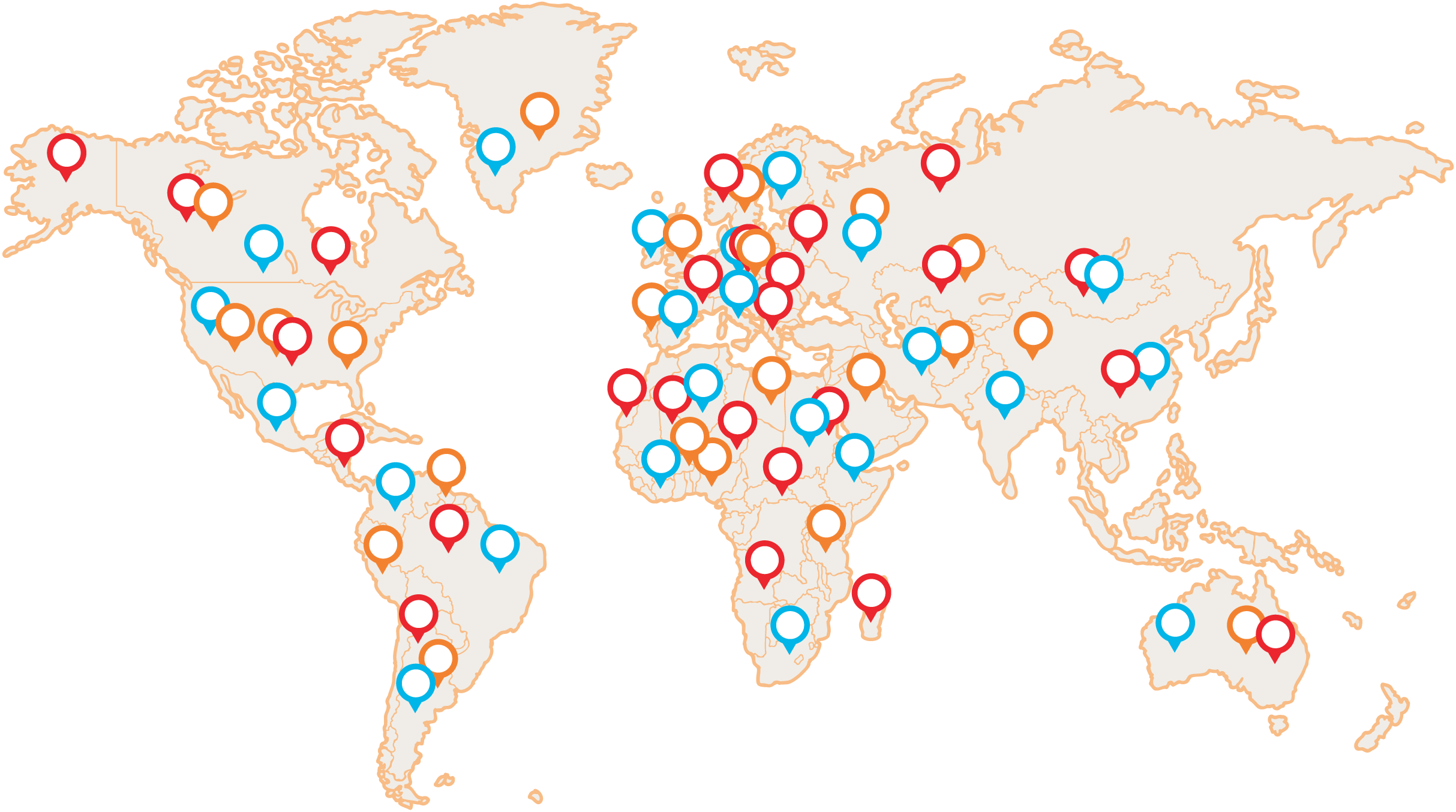Mon-Fri 7:00-15:00
Menu
Wholesale
CapsMedica
Produkty
All products
-
All products from vitalch hub
-
 Medicinal mushrooms PRO (17)
Medicinal mushrooms PRO (17) -
 MyTao Edition (14)
MyTao Edition (14) -
 Medicinal mushroom Extracts (25)
Medicinal mushroom Extracts (25) -
 Combination of mushrooms and herbs (18)
Combination of mushrooms and herbs (18) -
 Traditional recipes (5)
Traditional recipes (5) -
 BIO medicinal mushrooms powder (9)
BIO medicinal mushrooms powder (9) -
 Syrups (12)
Syrups (12) -
 Dried medicinal mushrooms (7)
Dried medicinal mushrooms (7) -
 Honey products (5)
Honey products (5) -
 Vitamins (4)
Vitamins (4) -
 BIO green food (2)
BIO green food (2) -
 Other (1)
Other (1) -
Why vital mushrooms from MycoMedica
-
Betaglucans. The best for your immunity
